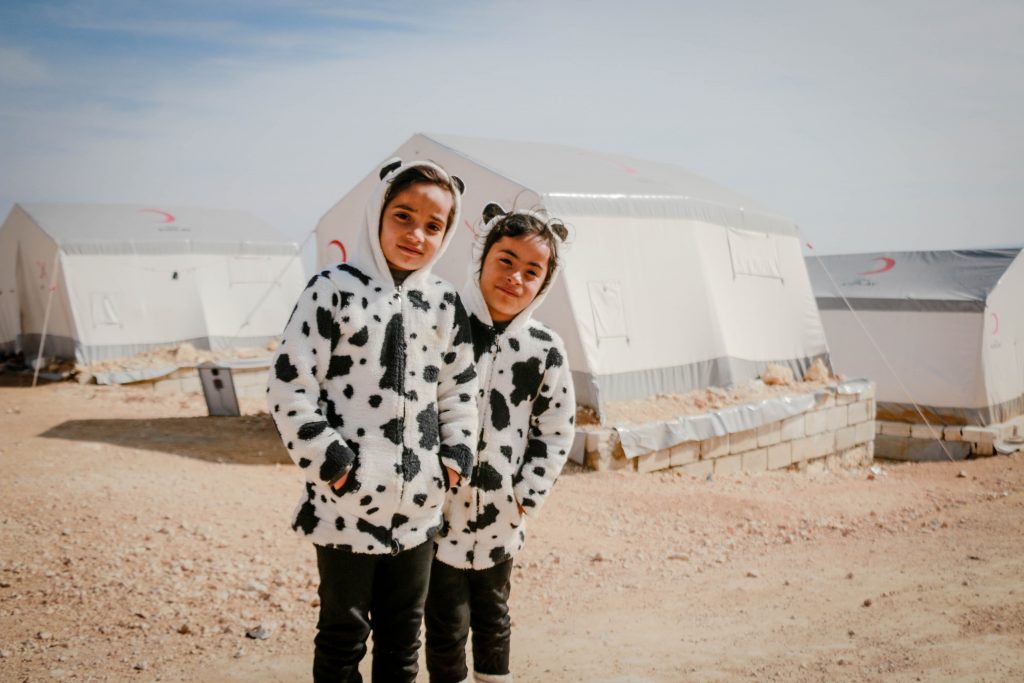Module 3: Developing Your Intercultural Skills
Applying Your Intercultural Skills
As you focus on developing your intercultural skills, you may be wondering where to start. You do not need to look far because Canada, just as many other countries, is home to people from many cultures. When we refer to cultural others, we are not limited to people who were born in other countries; this also involves people who are Canadian-born but perhaps have a sociocultural experience different from yours. Cultural others are people who may seem different from you or who present themselves as being from a different culture. If you do not have neighbours from other cultures, perhaps you have co-workers, family members, childhood friends, peers, or members of your club who have a different cultural background. What do you know about them? What do you know about their traditions or the things they had to change to adapt to living in Canada? What do you know about their history and experiences? What can you ask?
Activity: Making Connections With Cultural Others
To help you position yourself in a way to approach people around you, whether you do this at home or abroad, consider the following situation:
You and your friend have not seen each other in person for a few months and decide to meet for a catch-up coffee. At the coffee shop, you spent nearly two hours chatting. Your friend then says that she is going to hear a talk by Truepayna Moo, whom she met a few weeks before, and invites you to come along. You do not know who this person is, but you are happy to join your friend. You sit down in the auditorium and your friend tells you that Truepayna was born in a refugee camp in Thailand after her parents fled violence in Burma.
At this point, all kinds of questions and assumptions are coming to your mind. On a separate piece of paper, write down the first five things that come to your mind with regards to Truepayna, based on what you know so far. Be honest about it.

As people get situated in their seats, you realize you have more questions forming in your mind:
- What do you think she will be like?
- What was her experience as a refugee?
- What image forms in your mind when you think of refugees?
- What do you expect her to talk about?
- What stereotypes or biases do you have?
- Check your expectations and assumptions, be aware of them

The lights are dimmed, and Truepayna Moo comes to the centre of the stage. As you watch her presentation Coming to Canada: The Courage to be Multicultural (8’40”):
- Observe and pay attention to her voice, gestures, and appearance
- Listen to her story, practice active listening
- As she talks, write down or take mental notes of potential questions you would like to ask her
- Be aware of the preconceptions you formed about her and how different the reality is from your original thoughts

As Truepayna finishes speaking, your friend asks you what you thought about the presentation. What would you say?
- What are the most important things you have learned from listening to her story?
- How has this changed the way you see refugees?
- What do you think you can do next time you meet a refugee?

After the talk, your friend takes you to meet Truepayna and the three of you go out for a meal. This is your opportunity to learn, share, listen, and observe.
- What would you talk about?
- How would you listen?
- What would you share about yourself?
- What questions would you like to ask her?
- What would you do if there was a misunderstanding?
- What would you do next to keep getting to know Truepayna and other people like her?

As you continue to develop your intercultural skills, you will be able to integrate more of them into your interactions. Skills are not the only area you need to focus on developing because they would not be as effective without having worked on developing intercultural awareness and expanding your intercultural knowledge. The activity you just completed is an example of how you bring together different elements of your intercultural preparation to any interaction.
In this case, the guided activity above helped you to focus on:
- understanding yourself and others
- being aware of bias and stereotypes and deconstructing them
- identifying gaps in intercultural knowledge
- being open to learning and challenging preconceptions
- and finding ways to continue relating to others
Takeaway points
- People often have good intentions, but they do not always know where to start to converse or engage with people from other cultural backgrounds.
- We often have misconceptions about anyone who seems different, but through awareness of our biases and stereotypes and by expanding our intercultural knowledge, we can become better at engaging, understanding experiences, and promoting interculturality.
- Developing intercultural skills goes hand in hand with an awareness of your own culture, having the courage to change attitudes, and being intentional about expanding your knowledge about your own as much as about other cultures.
- Intentional actions that help you expand your intercultural engagement include being curious, being open to listening, embracing difference, asking questions and being ready to share from your own culture, showing respect, avoiding passing judgement, and being genuine.
Try These Strategies
- Train yourself to continuously ask questions, reflect, and try to understand other perspectives, just as you did in the activity above.
- Put yourself in different situations while you watch a movie, listen to someone’s story, or read the news. Try doing a mental roleplay, this will help you get used to seeing things from different perspectives, encourage you to ask questions, and ultimately help you further develop your critical thinking skills.
- Whenever you are interacting interculturally, remember to focus on listening. Avoid passing judgement and avoid asking too many questions.
- Always leave room for others to tell their story on their own and to ask you questions as well. Respect people’s privacy; some aspects of their lives may not be easy to share or discuss.
- When watching videos or hearing people’s stories, such as Truepayna’s, take this as an opportunity to help you guide and expand your knowledge about the countries involved. Also, learn to appreciate other people’s experiences. For example, learn more about what happened in Burma: Why did people have to flee to Thailand? What is the situation now?
- Reflect on the way learning about other experiences and histories influence the way you feel about others. What has this experience taught you? What has this prepared you to do?
- Identify ways to be better at, for example, asking questions, clarifying something, showing interest to continue interacting with people without appearing pushy. Focus on meeting people where they are.

